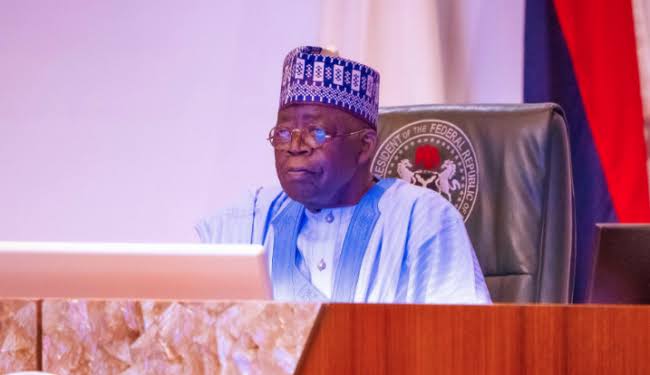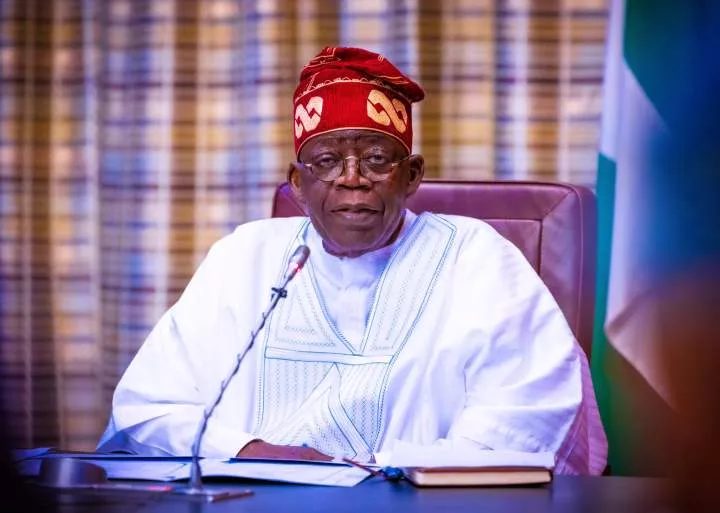Federal Government Stresses Unsustainability of N2.9 Trillion Electricity Subsidy

The Federal Government reiterated its stance on the unsustainable nature of the N2.9 trillion electricity subsidy payment for 2024. Chief Adebayo Adelabu, the Minister of Power, made this assertion during the 4th series of the Ministerial Press Briefing in Abuja, where he shed light on the April 2024 Supplementary Multi-Year Tariff Order (MYTO) released by the Nigerian Electricity Regulatory Commission (NERC).
Thank you for reading this post, don’t forget to subscribe!
Addressing concerns over the subsidy, Adelabu emphasized the impracticality of persisting with such a hefty subsidy burden. He stressed the need for realism and consideration, stating, “It will be very insensitive on our part to compel the government to continue subsidizing at that rate of almost N3 trillion for the power sector alone. We just have to be realistic and considerate.”
The Minister highlighted that the subsidy accounts for approximately 67% of the cost of power production in the country and constitutes over 10% of the national budget. He underscored the adverse impact of this subsidy on vital sectors like health, education, and infrastructure development.
Adelabu further elucidated on the tariff adjustments, particularly for Band A customers within the Nigerian Electricity Supply Industry (NESI). He defended the tariff adjustments, asserting their necessity for operational sustainability and the recovery of costs. He emphasized that these adjustments are vital for ensuring the viability of businesses within the sector.
Regarding consumer tariffs, Adelabu delineated that the tariff for Band A customers remains pro-poor, impacting only 15% of the consumer base. He urged these customers to adopt frugality and efficient consumption management in light of the revised tariffs.
The Minister also provided insights into ongoing infrastructure projects in the power sector, including the completion and installation of the Zungeru hydroelectric power plant. He assured Nigerians of the government’s commitment to enhancing service delivery, infrastructure development, and economic prosperity in the power sector.
Meanwhile, Minister of Information and Orientation, Mohammed Idris, addressed misconceptions surrounding the electricity tariff review. He reaffirmed the government’s commitment to sustaining electricity subsidies for 85% of Nigerian consumers while effecting tariff increments for only 15% of consumers. Idris emphasized that the tariff adjustments are strategic steps toward a more sustainable, efficient, and equitable electricity sector.
Furthermore, Idris highlighted other government initiatives aimed at bolstering the power sector, including the signing into law of the Electricity Act (Amendment) Bill, 2024, and the establishment of the Renewed Hope Infrastructure Development Fund (RHIDF) to finance critical projects across various sectors.
In conclusion, the government reiterated its dedication to transparency and public engagement in communicating its policies and initiatives, emphasizing the importance of trust and good governance in fostering national development.





